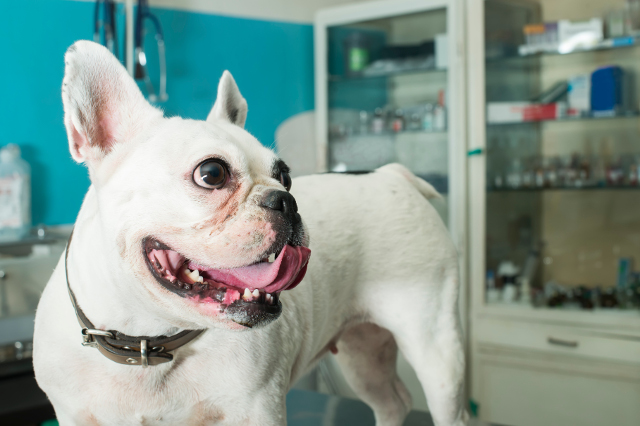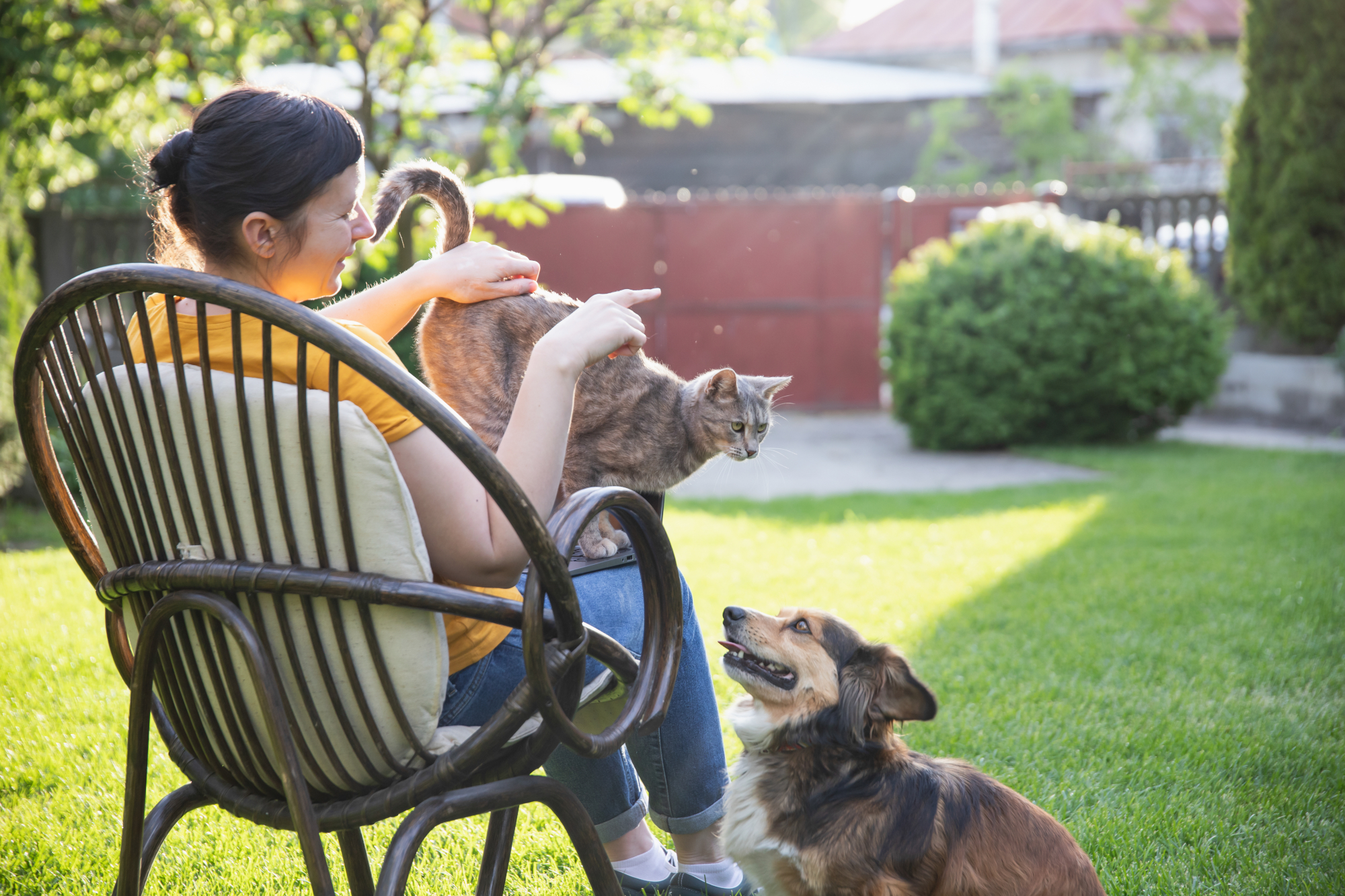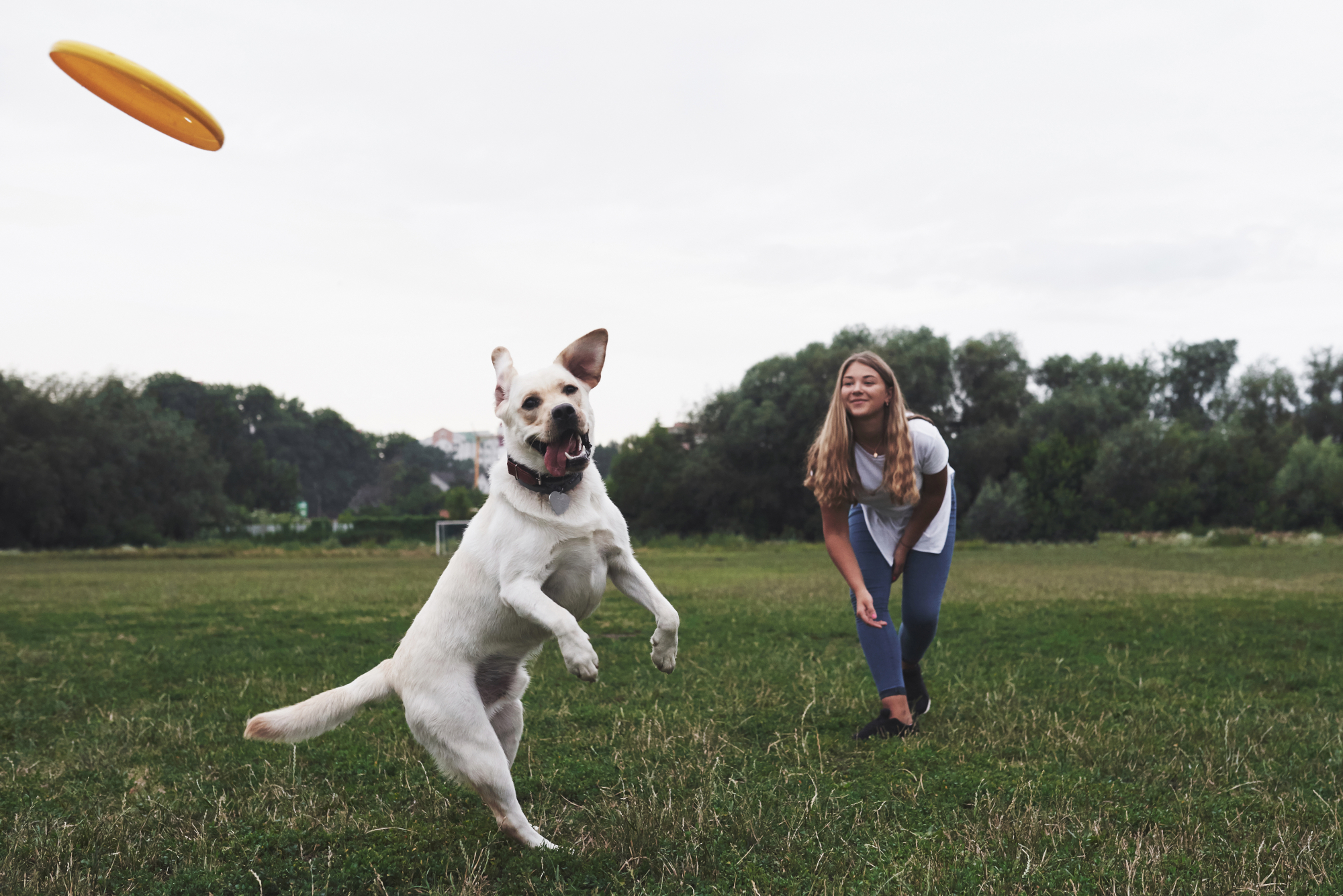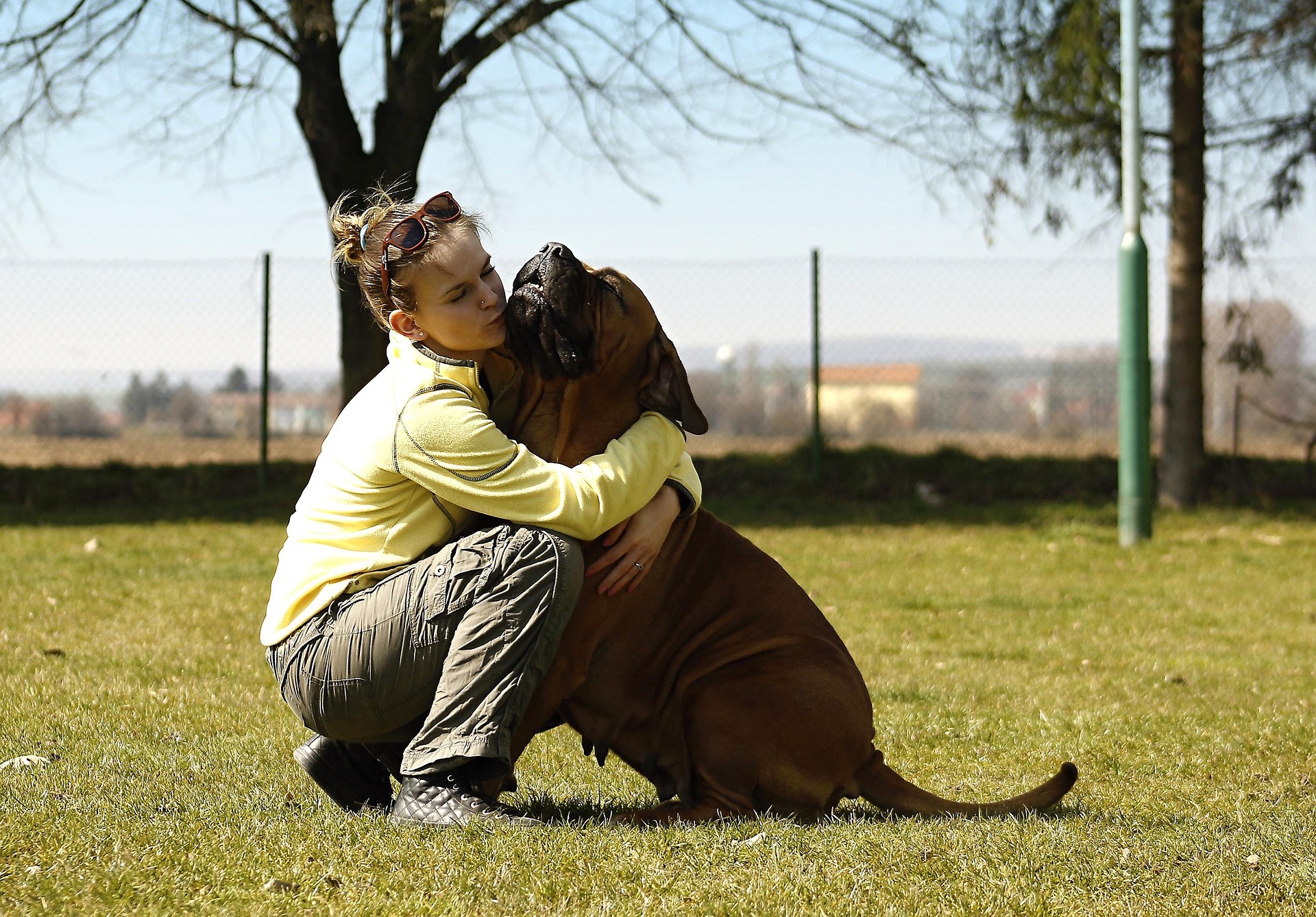As a pet owner, you already know how your beloved animal’s health is of the utmost importance to you. That’s why you make the time every day to walk your dog, spend time with your cat, or play with your rabbit! And while having a pet is full of joy, fun, and good times, pet ownership also comes with some responsibilities. Chief among them is ensuring you’re protecting them from preventable pet health issues.
There’s a lot you can do at home to protect your pet from potential health problems down the line. From brushing your dog’s teeth to feeding your cat a healthy brand of food, a large part of pet protection comes down to the owner. At the same time however, there are many health problems that can only truly be prevented with the expert help of a trusted veterinarian, particularly these five.
1. Dental problems
It’s well-known that poor dental health can drastically increase the risk of several health issues in animals. A common issue faced by dogs with poor dental health is periodontal disease, which is a bacterial build-up that can easily spread from the mouth to the bloodstream, where it can then impact the heart, kidneys, and liver.
Dental health is a key part of the check-up routine for any animal. Your vet will take the time to do a thorough dental examination, which allows them to catch potential issues before they become more serious health problems. Your vet will also provide recommendations for tooth-brushing routines, special food and treats for dental health, and more to ensure your pet is as safe and healthy as possible.
2. Parasites
From ticks to tapeworms, there are a number of parasites that can infest your cat, dog, or rabbit. Some of these are mere annoyances that are just time-consuming to remove, while others can potentially cause long-term or even deadly health issues.
Multiple steps need to be taken to keep your furry friend as protected from parasites as possible. All animals should receive the appropriate medications for certain parasites that they may be vulnerable to.
In the case of dogs, for instance, your vet will prescribe regular medications to prevent heartworm infestations, which can create very serious health problems. And for cats as well as dogs, it’s vital to keep up with regular medication to protect them from fleas and ticks and the serious health risks they pose to animals.
3. Obesity and related issues
It’s not uncommon for older animals to begin to put on weight. However, despite how commonplace obesity is in some animals, it’s vital to prevent it as much as possible. Not only are obese animals less able to move and play, affecting their emotional health, but also obesity can open your pet up to a slew of other health issues, some of which are very serious.
Obesity can increase your pet’s risk of diabetes, which is an extremely difficult-to-manage condition for pets and owners alike. Excess weight over a long period of time can also lead to painful arthritis in your pet’s joints, preventing them from getting active and causing chronic pain.
Your veterinarian will keep a watchful eye on your pet’s weight from appointment to appointment and can provide you with useful tips for diet, exercise, and other options to ensure they stay at a healthy weight and live a longer, happier life.
4. Eye health issues
Dogs, cats, and rabbits all depend heavily on their vision. And sadly, eye health issues are often not reversible once the damage has been done, making prevention and proactive veterinary care very important for this part of your pet’s body.
Through regular veterinary appointments, your veterinarian can keep a close watch on your pet’s eye health. Even minor eye infections can create serious problems if left untreated, so your vet will always pay special attention to infections, redness, discharge, or any other issues related to the eyes. They’ll also provide recommendations for foods and supplemental medications to help keep your pet’s eyes in the best possible health.
5. Various cancers
Cancer is one of the most dangerous and unpredictable illnesses for anyone to have to go through, and the same goes for pets. While there is no 100% effective way to prevent cancer from developing in your cat, dog, or rabbit, there are some things you can do with help from your veterinarian to lower your pet’s risk of contracting it.
Over decades of veterinary research, we’ve begun to develop a better understanding of how and why cancer occurs in animals, and have identified some ways to protect our beloved pets from it. For instance, we’ve learned that certain breeds of dogs, such as boxers and terriers, are disproportionately likely to develop cancer. So, a veterinarian will take care to check these breeds thoroughly for symptoms during every checkup.
Other ways to reduce the risk of cancer include spaying and neutering, since these procedures can drastically reduce the risk of cancer in the breasts, testicles, and ovaries. In general, your veterinarian will always screen your beloved pet for signs of cancer during routine appointments. With a frequent and consistent check-up schedule, you and your vet can identify and address cancer sooner than later.
As they say, ‘an ounce of prevention is worth a pound of cure.’ This is absolutely the case when it comes to looking after our pets as well. While we always do our very best to support animals regardless of their health status, the simple fact is that proactive, preventive care is the best way to ensure a long and healthy life for your beloved pet.
Creative Commons Attribution: Permission is granted to repost this article in its entirety with credit to Hastings Veterinary Hospital and a clickable link back to this page.






